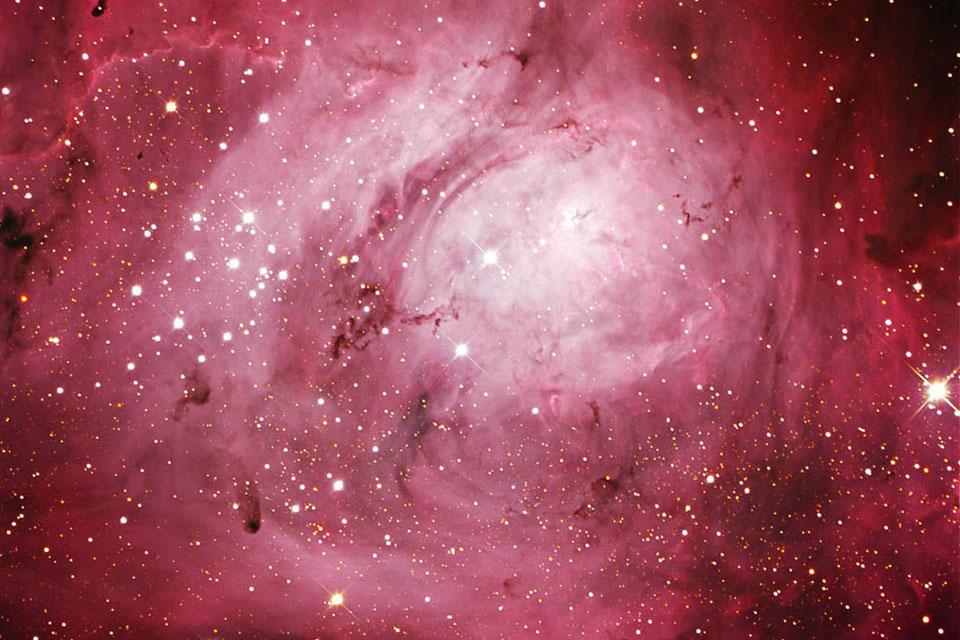Denys Wilkinson Building, Department of Physics, University of Oxford, Keble Road, Oxford OX1 3RH
Dr Asa F.L. Bluck
Kavli Institute for Cosmology
I will present an overview of several outstanding problems in the field of galaxy evolution, from both a theoretical and observational perspective. I will then introduce a novel machine learning method for analysing the dependence of star formation quenching on galaxy and environmental parameters. Our machine learning technique is highly effective at extracting causality (not merely correlation) from models, and hence is of great value in the analysis of observational data, where causality is generally hidden. We apply this technique to three observational galaxy surveys (SDSS, MaNGA and CANDELS), and to four cosmological models (LGalaxies, Eagle, Illustris and Illustris-TNG). In observations, we demonstrate that central galaxy quenching is governed primarily by global (galaxy-wide) physics, and is most strongly connected with the conditions at the very centre of massive galaxies. Interestingly, these results are highly consistent with the latest predictions for preventative AGN-feedback from cosmological simulations. Conversely, star formation is governed by local (spatially resolved) phenomena. This implies that quenching and star formation are (counterintuitively) orthogonal processes in galaxy evolution. Additionally, I show that high-mass quenching proceeds ‘inside-out’; yet low-mass quenching proceeds ‘outside-in’. Finally, I conclude by arguing that the invariance of quenching dependence across epochs suggests that quenching is due to a stable mechanism operating throughout cosmic history.

